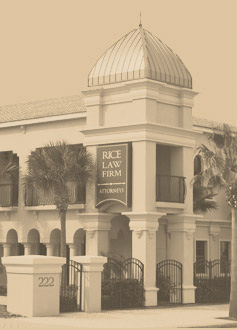As a general rule, mediation is required in all divorce and family law cases in Florida. Judges in most family law cases require the parties to mediate before the judge will hear the case at trial. Mediation is a settlement conference conducted by a neutral and disinterested, certified family law mediator. The purpose of mediation is to settle most, if not all, of the contested issues in the divorce or family law case.
Mediation is considered a “voluntary process” in that the parties are not required to reach a settlement at the mediation conference. When parties are ordered to mediation, their only obligation is to attend the mediation and negotiate in good faith. Typically, each party attends the mediation with his or her attorney. The cost of the mediator is split between the parties, unless they agree or the court orders otherwise. The mediator is not a judge or arbitrator and does not pass judgment on the case nor make any decisions. The mediator’s job is to facilitate settlement through negotiations and by offering solutions. Although some mediation conferences are conducted face to face with both parties in one room, most mediators prefer to keep the parties separate and then utilize shuttle diplomacy by going back and forth with offer and counter-offer. If a settlement is reached at mediation, it is highly recommended that a formal written agreement be drafted for the parties to sign before they leave the mediation conference. Otherwise, one of the parties may get “buyer’s remorse” or be otherwise influenced to change his or her mind and back out of the deal. Although mediation can be expensive due to the cost of two lawyers and the mediator, it is money well spent as it often results in a settlement. Everything said within the context of the mediation, including the negotiations, is confidential and cannot be used in court. The only thing the mediator reports to the court is whether or not the case was settled.

